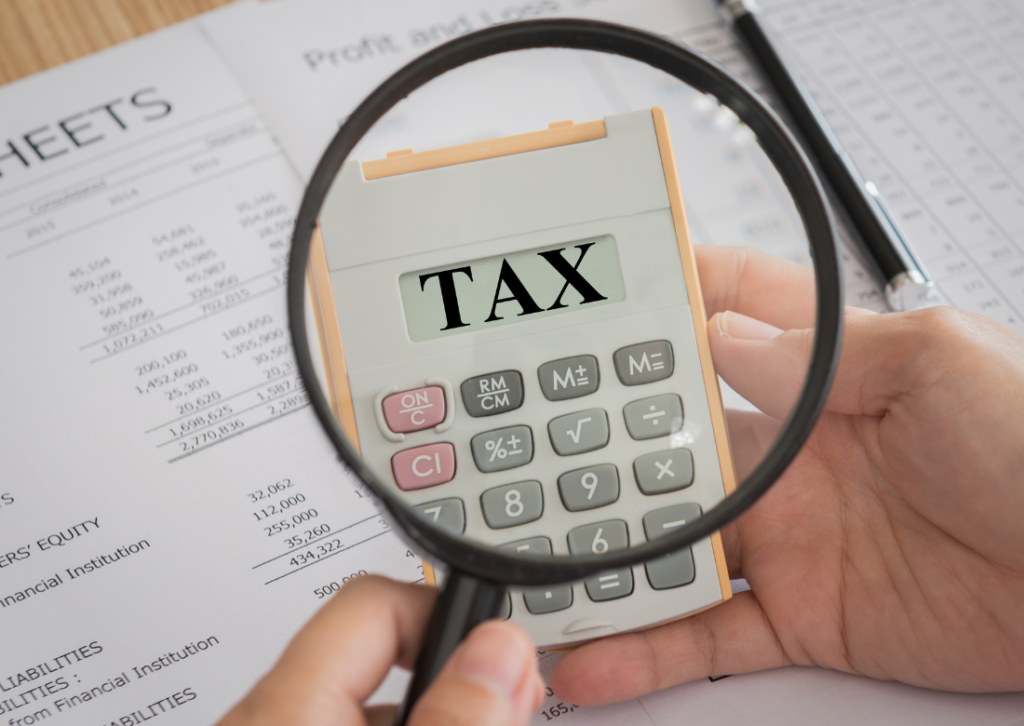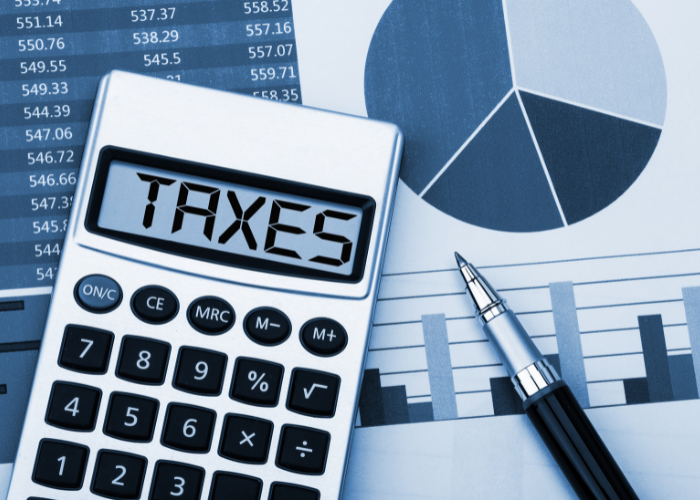
Purchasing a used car from a private seller can be a cost-effective alternative to buying from a dealership. However, many potential buyers are uncertain about whether they need to pay taxes when making such a transaction. Check your local tax regulations to ensure a smooth and hassle-free purchase process.
The tax implications of purchasing a used car from a private seller vary depending on the jurisdiction and specific circumstances. In this article, we will explore the factors that determine whether taxes are applicable, helping you understand your tax obligations and ensuring a smooth and legal transaction.

Understanding State Sales Tax on Used Cars
The first crucial factor in determining whether you’ll pay taxes on a used car from a private seller is your state’s sales tax laws. In some states, a sales tax is levied on private-party vehicle sales, while in others, it may not apply.
States that impose sales tax usually calculate it based on the vehicle’s purchase price. However, certain states may use the car’s fair market value or the National-Automobile-Dealers-Association value. Research your state’s specific laws or consult a local tax professional to understand how sales tax applies to used car purchases.

Impact of Vehicle Age and Purchase Price
The age and purchase price of the used car can significantly influence your tax liability. Older or low price vehicles may be eligible for tax exemptions or reduced tax rates. Being aware of these potential tax benefits can help you make an informed decision and save money during car-buying process.
For instance, some jurisdictions may offer a lower tax rate for vehicles over a certain age or impose a flat tax rate for used cars. Conversely, certain states may have a threshold above which the full tax rate applies. Understanding these nuances will help you budget for your car purchase.
Transfer and Registration Fees
Apart from sales tax, when buying a used car from a private seller, you may need to consider transfer and registration fees. These fees cover the administrative costs of transferring the vehicle’s ownership and registering it in your name with the relevant authorities.
These fees vary from state to state and are separate from the sales tax. While some states may include these fees in the overall tax amount, others may require separate payments. Check with your local Department of Motor Vehicles or visit their website to find the precise fee structure applicable.

Sales Tax Exemptions and Trade-Ins
In certain situations, you might be eligible for sales tax exemptions or reductions when purchasing a used car from a private seller. For example, some states offer exemptions for certain categories of buyers, such as active-duty military personnel or veterans.
Additionally, if you’re trading in your current vehicle as part of the purchase, some states may provide tax credits based on the trade-in value. It’s essential to research your state’s laws thoroughly and potentially consult a tax expert to determine if any exemptions or credits apply to your specific situation.

Adhering to Tax Laws for Smooth Transaction
Failure to adhere to your state’s tax laws when buying a used car from a private seller may result in penalties, fines, or delays in transferring the vehicle’s ownership. When in doubt, consider seeking guidance from a tax professional or your local DMV to avoid any potential complications.
Remember that it is vital to do so to ensure a smooth and legal transaction. By understanding and fulfilling your tax obligations, you can enjoy your new to you used car with peace of mind, knowing you’ve followed the correct procedures.
Frequently Asked Questions
How is the sales tax calculated when purchasing a used car from a private seller?
The calculation of sales tax on a used car from a private seller varies depending on your state’s laws. In some states, the tax is based on the vehicle’s purchase price, while others may use the car’s fair market value or the National Automobile Dealers Association (NADA) value.
Can I negotiate the sales tax amount when buying a used car from private seller?
Generally, sales tax amounts are fixed by state laws and not negotiable when purchasing a used car from a private seller. However, you may have the option to negotiate the vehicle’s purchase price, which would indirectly impact the tax amount. Keep in mind that tax laws must be followed.
Do I pay sales tax on a private-party used car if I’m moving to another-state?
When moving to a different state, you might be exempt from paying sales tax on a used car if your new state has no sales tax on private-party vehicle sales. Iif the new state imposes a sales tax, you might be required to pay it when registering the vehicle there.
Are there any online tools to help calculate the sales tax on used car purchase?
Yes, many online resources and calculators can help estimate the sales tax on a used car purchase. Some state DMV websites offer these tools, which consider factors such as the vehicle’s purchase price and your location. However, keep in mind that these are only estimates.
Are there any circumstances where I might be exempt from paying sales tax?
Yes, some circumstances might make you eligible for sales tax exemptions or reductions. Certain states offer exemptions for specific categories of buyers, such as military personnel or veterans. Additionally, some states provide tax credits for trade-ins as part of the purchase.
Conclusion
Purchasing a used car from a private seller can be a great way to save money, but it’s essential to understand the tax implications involved. Sales tax laws, vehicle age, purchase price, transfer and registration fees, and potential exemptions all play a role in determining your tax liability.
Taking the time to research your state’s specific tax regulations or seeking advice from a tax professional will ensure a smooth and hassle-free transaction. By staying informed and compliant, you can confidently drive away in your newly acquired used car, knowing that you’ve fulfilled all tax responsibilities.























